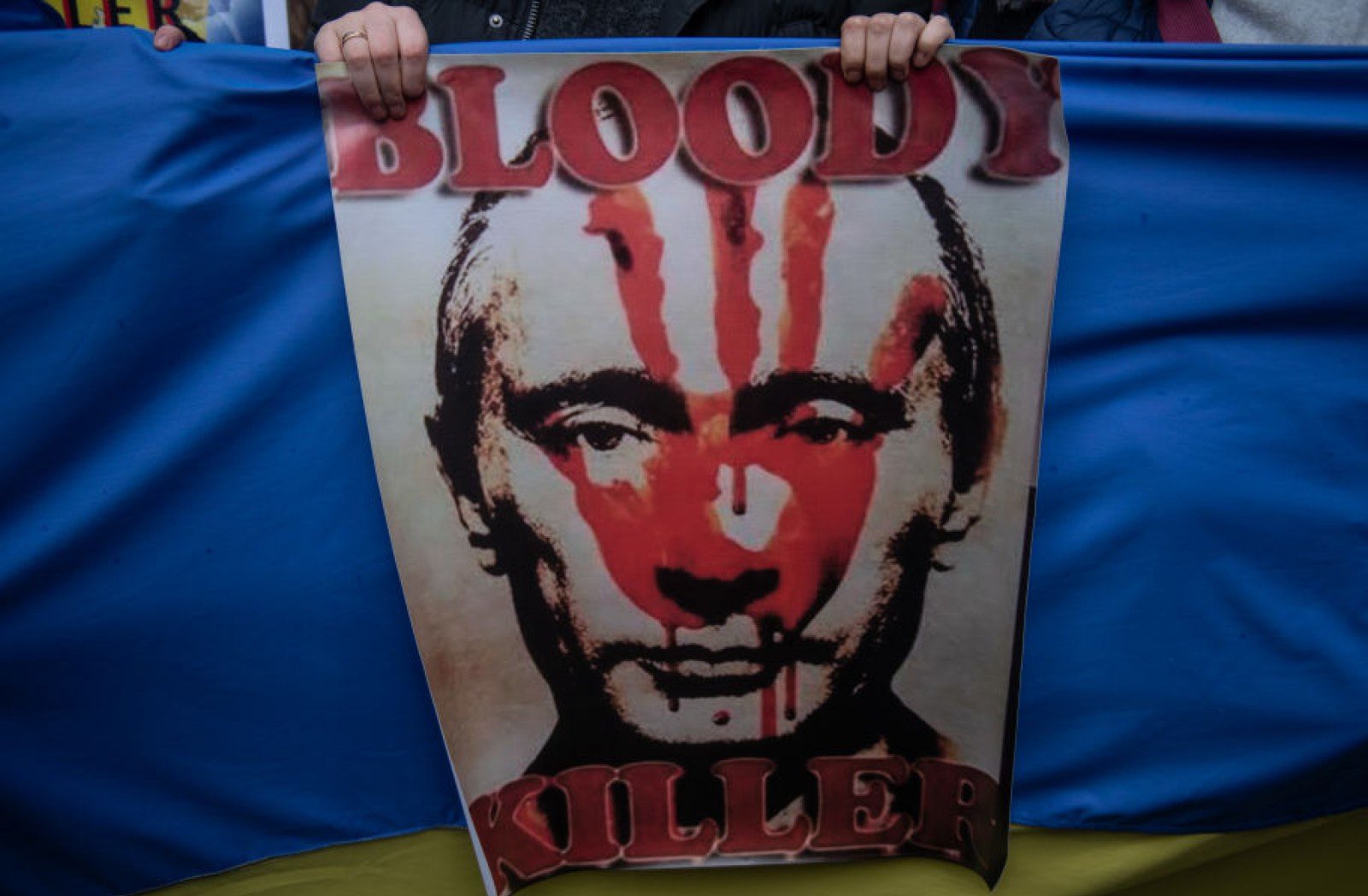
In a shocking development on December 17, 2024, a bomb attack in Moscow claimed the life of Lieutenant General Igor Kirillov, the head of Russia’s Nuclear, Biological, and Chemical Protection Troops.
The incident, which has sent shockwaves through Russia and beyond, also resulted in the death of his assistant. The explosion was caused by an improvised explosive device hidden inside an electric scooter near a residential area on Ryazansky Prospekt.
Details of the Attack
The bombing marks one of the most high-profile assassinations in Moscow since the escalation of the conflict between Russia and Ukraine in February 2022. Russian authorities swiftly launched an investigation and detained a 29-year-old Uzbek national in connection with the attack. According to officials, the suspect was allegedly recruited by Ukrainian intelligence and had been conducting surveillance on Kirillov’s movements prior to carrying out the assassination.
The Security Service of Ukraine (SBU) publicly claimed responsibility for the bombing. In a bold statement, an SBU representative declared, “The liquidation of the chief of the radiation and chemical protection troops of the Russian Federation is the work of the SBU.” This statement has further intensified tensions between the two nations.
Kirillov’s Legacy and Controversies
Lieutenant General Igor Kirillov was a key figure in Russia’s military hierarchy, overseeing the nation’s nuclear, biological, and chemical defense capabilities. However, his role was not without controversy. In October 2024, Kirillov was sanctioned by the United Kingdom for his alleged involvement in the deployment of chemical weapons in Ukraine. These allegations included the use of choking agents such as chloropicrin against Ukrainian forces.
Western governments have long accused Russia of violating international laws concerning chemical weapons, and Kirillov’s name became a focal point of these accusations. His death now raises questions about the future direction of Russia’s chemical defense programs amid mounting international scrutiny.
Reactions to the Assassination
The Kremlin and other senior Russian officials have strongly condemned the attack. Dmitry Medvedev, former president and deputy chairman of Russia’s Security Council, labeled the bombing as a “terrorist act” and vowed retaliation. “This cowardly act will not go unanswered,” Medvedev warned, directing his ire toward Ukraine’s leadership.
This assassination also highlights the increasing reach and boldness of Ukrainian operations as the war continues to escalate. Experts believe that the attack’s location—within Moscow—was a calculated move aimed at destabilizing the Russian leadership and showcasing Ukraine’s ability to strike deep within Russian territory.
Implications for the Russia-Ukraine Conflict
The killing of a high-ranking military official in the heart of Moscow represents a significant escalation in the ongoing conflict. Analysts suggest that this incident could further harden Russian resolve and lead to intensified military operations against Ukraine. Additionally, it underscores the covert and unconventional tactics increasingly employed in this war.
Ukraine’s claim of responsibility for the attack demonstrates a shift in its strategic approach, focusing on targeted strikes against influential Russian figures. The SBU has indicated that such actions are intended to disrupt and weaken the Russian war effort, particularly against Ukrainian forces on the front lines.
Global Response
International reactions have been mixed. Western nations have refrained from directly commenting on Ukraine’s involvement, instead reiterating their calls for an end to the conflict and urging respect for international law. Meanwhile, Russia’s allies have condemned the bombing as a dangerous precedent that could have far-reaching implications for global security.
A Pivotal Moment in the War
The assassination of Lieutenant General Igor Kirillov is a stark reminder of the high stakes and evolving nature of the Russia-Ukraine conflict. As both sides continue to escalate their strategies, the world watches anxiously for what this pivotal moment might signal for the future of the region.
For Russia, the attack is not just a blow to its military leadership but also a stark symbol of vulnerability. For Ukraine, it marks a daring move in a war that shows no signs of abating. As this tragedy reverberates across Moscow, the path forward remains fraught with uncertainty and potential for further escalation.
